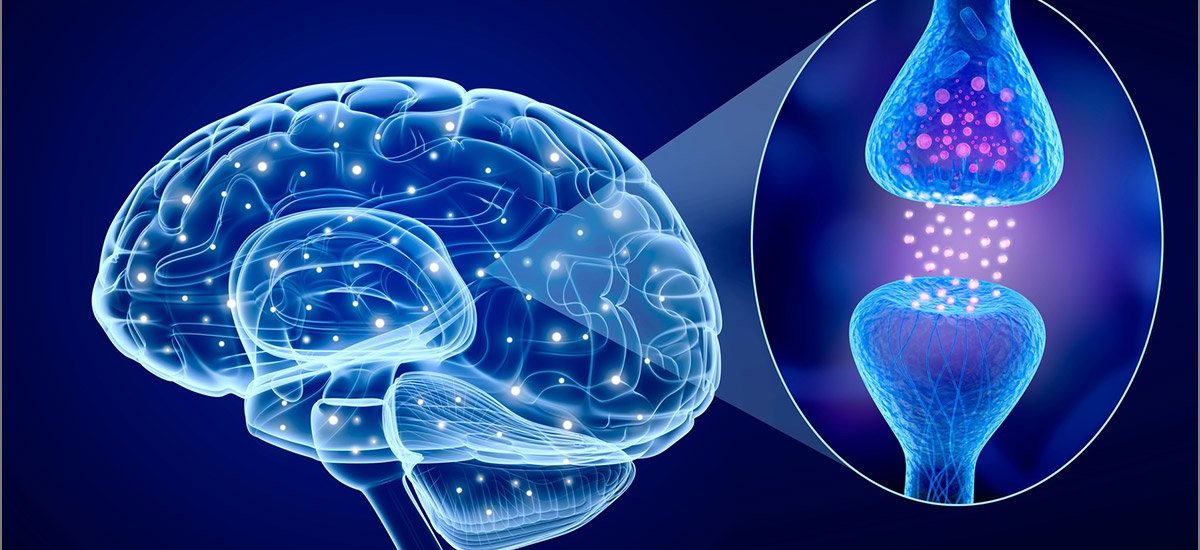Mental health imbalance is a state of being where you may experience changes in your baseline emotional, cognitive or behavioral functioning. You may feel like something is not feeling right although it’s not much explicable on a physical level. Perpetual feelings of inadequacy might even interfere with your daily life routines and schedules which might make you vulnerable to emotional outbursts. You may witness frequent mood changes such as feelings of sadness, irritability, anxiousness, or anger over trivial which you could feel were easily manageable previously.
You may not be able to concentrate on undertakings and may interfere with your studies, work or other endeavors. A lack of interest in socializing may pop up where you may be finding yourself secluding and socially isolating. Such an imbalance may even get noticeable when you or others may find you losing interest in previously enjoyed hobbies and activities. A few of you also might develop somatic concerns like frequently occurring headaches, fatigue, metabolic slow down which may be not directly attributable to an apparent physical cause. Changes in appetite or sleep patterns such as eating too much or too little, or having difficulty falling or staying asleep are also commonly reported and may also indicate your mental health is on a flip.
It’s essential to understand that such an imbalance is often temporary and reverts back in a short time. However, if you feel overpowered by these symptoms you should always seek out for a professional advice.




